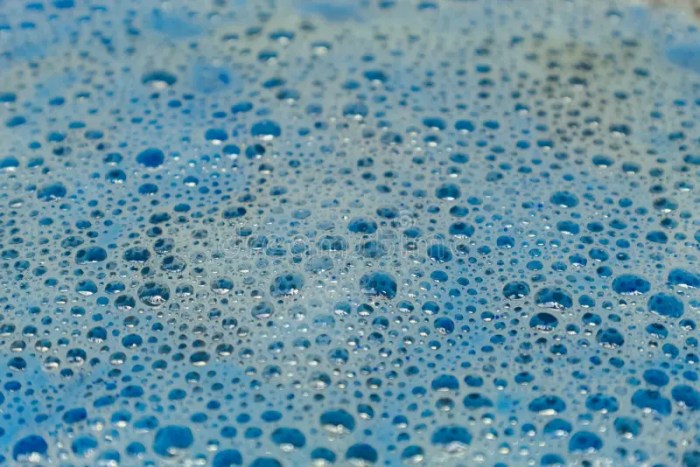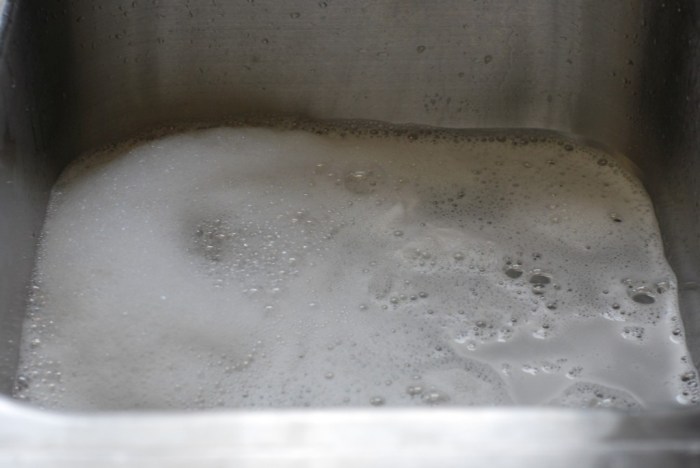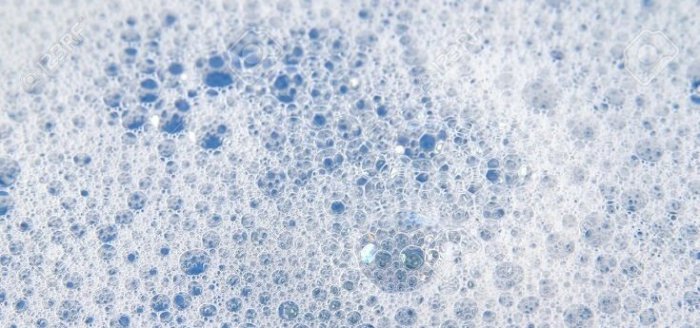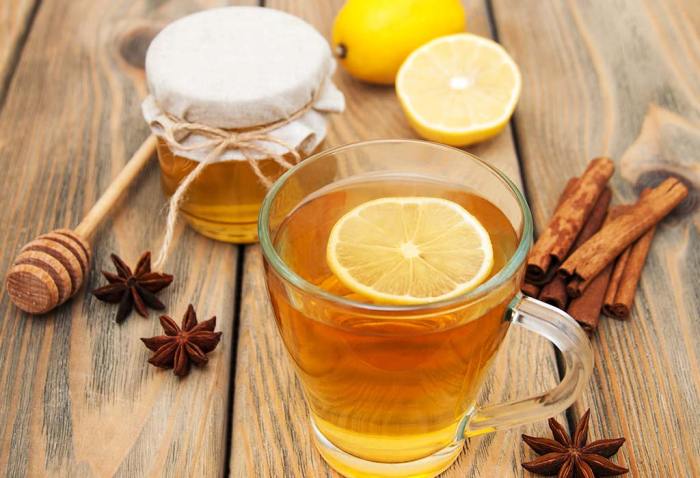Rank these liquids by their expected surface tension. This ranking is based on the factors that affect surface tension, including molecular structure, temperature, and concentration. Liquids with higher surface tension are more difficult to break apart, while liquids with lower surface tension are more easily broken apart.
The following table ranks liquids from highest to lowest surface tension:
Surface Tension: Rank These Liquids By Their Expected Surface Tension.

Surface tension is the force that causes the surface of a liquid to behave like a stretched elastic membrane. It is defined as the amount of energy required to increase the surface area of a liquid by a unit amount.
The SI unit of surface tension is millinewtons per meter (mN/m).Factors that affect surface tension include:* Molecular structure: Liquids with strong intermolecular forces, such as hydrogen bonding or dipole-dipole interactions, have higher surface tension.
Temperature
Surface tension generally decreases with increasing temperature.
Concentration
For solutions, surface tension increases with increasing concentration of the solute.
Ranking Liquids
The following table ranks liquids based on their expected surface tension:
| Liquid Name | Surface Tension (mN/m) |
|---|---|
| Water | 72.8 |
| Mercury | 487 |
| Ethanol | 22.3 |
| Hexane | 18.4 |
Factors Affecting Surface Tension, Rank these liquids by their expected surface tension.
Molecular StructureLiquids with strong intermolecular forces have higher surface tension. For example, water has a high surface tension because of its strong hydrogen bonding.TemperatureSurface tension generally decreases with increasing temperature. This is because the increased thermal energy disrupts the intermolecular forces that hold the liquid together.ConcentrationFor
solutions, surface tension increases with increasing concentration of the solute. This is because the solute molecules interfere with the intermolecular forces between the solvent molecules.
Applications of Surface Tension
Surface tension is used in a variety of everyday applications, such as:DetergentsDetergents reduce the surface tension of water, which allows them to penetrate and remove dirt and grime from fabrics.PaintsPaints have a high surface tension, which allows them to adhere to surfaces and form a smooth, even coating.AdhesivesAdhesives
have a high surface tension, which allows them to bond to surfaces and hold them together.
Detailed FAQs
What is surface tension?
Surface tension is the force that causes the surface of a liquid to contract and behave like a stretched elastic membrane.
What factors affect surface tension?
Surface tension is affected by molecular structure, temperature, and concentration.
What are some applications of surface tension?
Surface tension is used in many applications, including detergents, paints, and adhesives.


